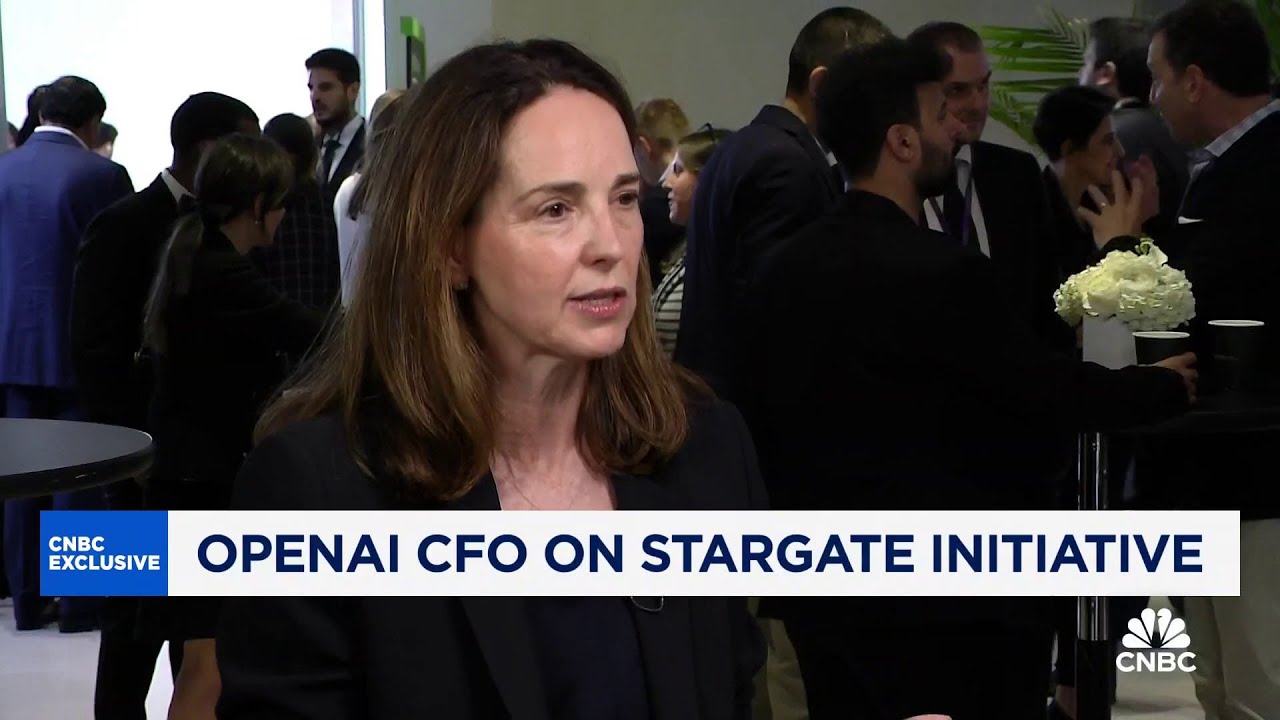OpenAI CFO Sarah Friar discussed the company’s transition from nonprofit to for-profit, emphasizing the role of AI in addressing power demand issues and driving scientific innovation while maintaining a focus on safety and ethical development. She highlighted the importance of attracting talent and balancing operational needs with the mission to advance AI for the benefit of humanity, expressing optimism about OpenAI’s future as a potential public company.
In a recent discussion, OpenAI’s CFO Sarah Friar addressed the challenges and opportunities surrounding the company’s transition from a nonprofit to a for-profit entity. She emphasized the significant interest from investors, particularly sovereign wealth funds, in funding initiatives like Stargate. Friar highlighted the importance of capital in addressing power demand issues, which she believes can be mitigated through the intelligent application of AI technologies. She expressed optimism about the potential of AI to drive scientific innovation across various fields, including power management and climate change.
Friar also touched on the complexities of navigating the transition from nonprofit to for-profit, particularly in light of Elon Musk’s previous bid for the company. She reassured that OpenAI’s mission remains focused on advancing AI for the benefit of humanity, and that attracting top talent is crucial for the company’s success. The CFO underscored the need to balance the nonprofit mission with the operational requirements of a traditional company, including raising capital and potentially entering public markets.
When asked about Musk’s relentless pursuit and criticisms of OpenAI, Friar maintained that the company remains focused on its goals and growth. She pointed out that OpenAI is currently the only AI company with hundreds of millions of weekly active users, showcasing its unique position in the market. The conversation also touched on the evolving nature of jobs in the analytics field, with Friar suggesting that while AI will change the nature of work, it will not necessarily eliminate jobs but rather transform them.
The discussion also addressed concerns about the safety of AI development, particularly in light of the competitive landscape. Friar reassured viewers that safety is a core principle at OpenAI, with thorough safety reviews conducted before any new model or feature is released. She emphasized the company’s commitment to ensuring that AI technologies are developed responsibly and that they provide tangible benefits to consumers and businesses alike.
Finally, Friar hinted at the future of OpenAI as a public company, expressing hope for an eventual public offering. She concluded by reiterating the company’s focus on innovation and safety, while also acknowledging the ongoing challenges and responsibilities that come with developing advanced AI technologies. The conversation highlighted the delicate balance between rapid technological advancement and the ethical considerations that must accompany it.
